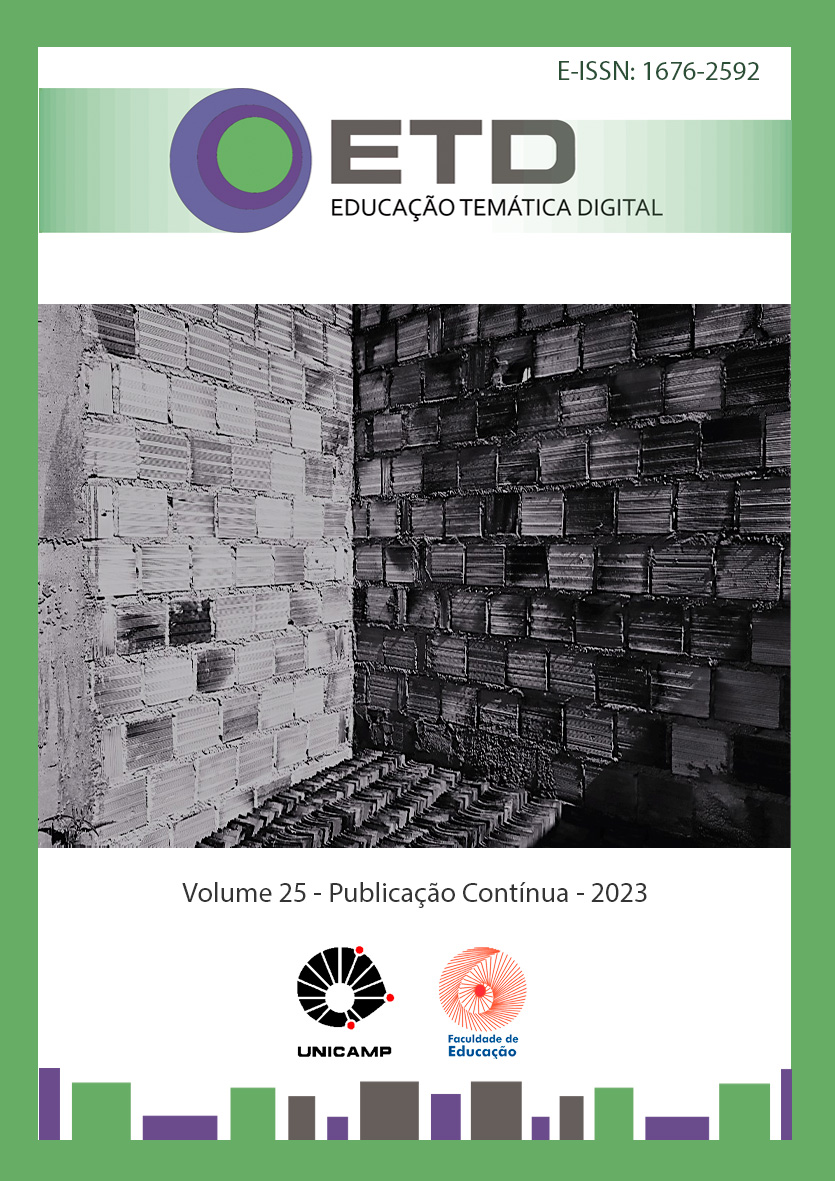Abstract
This article aims to highlight the importance of official national curricula in relation to their contribution to the quality of early childhood programs. This is because they guide not only in terms of objectives and forms of planning, which is usual, but also shed light on the educational approaches that they entail and the foundations or theoretical frameworks that they consider. At the same time, as every curriculum is a cultural selection in its essence, they also allow visualizing what are the decisions of content in this regard. In this way, a review of the development that these instruments have had over time, their approaches, foundations and main contents is made, which in their vast majority correspond to an orientation of modern pedagogy, being still few those that address more current constructions of postmodern type. For this reason, it is suggested to open up more to these more integrating criteria, and in terms of content, assume those that derive from the requirements of the complex current post-pandemic times, which aim at socio-emotional development, value formation, holistic well-being, to the objectives of the 2030 Agenda on sustainable development, to gender and intercultural issues, among others, without losing sight of the child as a subject of rights and their learning.
References
AGÜERRONDO, Inés. La calidad de la educación ejes para su definición y evaluación. Colección: La Educación, n. 116, EDUCOAS, OEA, 1993.
BAUMAN, Zygmunt. Ética posmoderna. México: Editorial Siglo XXI, 2005.
BOLÍVAR, A. Didáctica y curriculum: de la modernidad a la postmodernidad. Archidona, Málaga: Ediciones Aljibe, 2008.
BRAILOVSKY, Daniel. Pedagogía del nivel inicial: mirar el mundo desde el jardín. Buenos Aires: Novedades Educativas, 2020.
CASASSUS, J. Lenguaje, poder y calidad de la educación. Boletín UNESCO, n°50, 1999.
DAHLBERG, G., MOSS, P. y PENCE, A. Beyond quality in early childhood education and care. 2nd. London: Falmer Press, 1999.
DIDONET, Vital citado en: PERALTA, V.; SALAZAR. Calidad y modalidades alternativas en educación inicial. La Paz, Bolivia: MAYSAL, 2000.
HOYUELOS, Alfredo. La ética en el pensamiento y obra pedagógica de Loris Malaguzzi. Barcelona: Octaedro, 2009.
LAMA, Dalai. El arte de la felicidad. De Bolsillo, España, 2018.
MINISTERIO DE EDUCACIÓN DE BOLIVIA. Programa de estudio educación inicial en familia comunitaria escolarizada, 2014.
MINISTERIO DE EDUCACIÓN DE CHILE. Bases curriculares educación parvularia. 2001/2018
MINISTERIO DE EDUCACIÓN DE ECUADOR. Diseño curricular inicial. 2014.
MINISTERIO DE EDUCACIÓN DE PANAMÁ. Currículo de la primera infancia. 0 a 3 años. 2014.
MINEDUC/ Subsecretaria de Educación Parvularia. Hoja de ruta educación parvularia. 2022-2026. Versión Ejecutiva.
MINEDUC. Desarrollo sustentable en educación parvularia Experiencias de aprendizaje en NT1 y NT2, Chile. 2016
NACIONES UNIDAS. Agenda para el desarrollo sostenible 2030. 2015
OREALC/UNESCO. Atención y educación de la primera infancia. Informe regional, América Latina y el Caribe. Santiago de Chile, 2010.
PERALTA, Victoria. Historia de la educación infantil. IIDEI, U. Central, Santiago, 2011.
PERALTA, V. Análisis comparativo curricular para la primera infancia en América Latina: estudio comparativo en Chile, Ecuador, México y Uruguay. IIEP, UNESCO, Bs.Aires, 2022.
RINALDI, C. “La escucha visible” en Escuelas Infantiles de Reggio Emilia. Historia, filosofía y un proyecto de trabajo, n.º 33. Buenos Aires, México: Novedades Educativas (0 a 5. La educación en los primeros años). 2001
SÁNCHEZ, C. Dilemas de la educación infantil. Publicaciones MCEP, v. 1. 2000.
SEARS, J. Y.; MARSHALL, D. Generational influences on contemporary curriculum thought. Journal of Curriculum Studies, v. 2, n. 32. 2000.
SEP. Educación Preescolar. México. 1880-1982.
UNESCO. ¿Qué se espera que aprendan los estudiantes de América Latina y el Caribe? Análisis curricular del Estudio Regional Comparativo y Explicativo (ERCE 2019). UNESCO biblioteca digital, 2020.
WOODHEAD, M. En busca del arcoíris: caminos hacia la calidad en programas a gran escala para niños pequeños desfavorecidos. La Haya: Fundación Bernard van Leer, 1996.

This work is licensed under a Creative Commons Attribution-NonCommercial-NoDerivatives 4.0 International License.
Copyright (c) 2023 ETD - Educação Temática Digital


